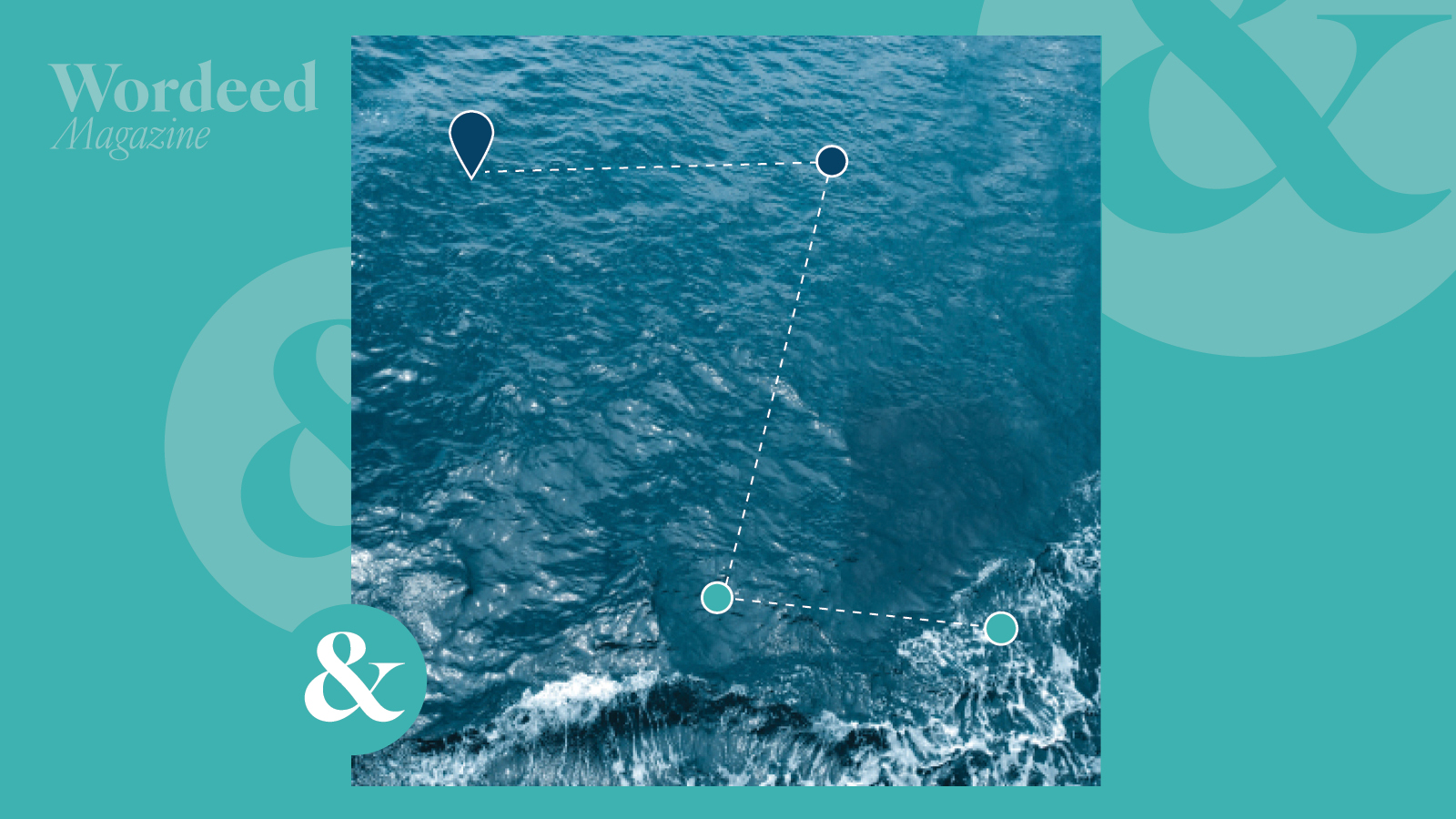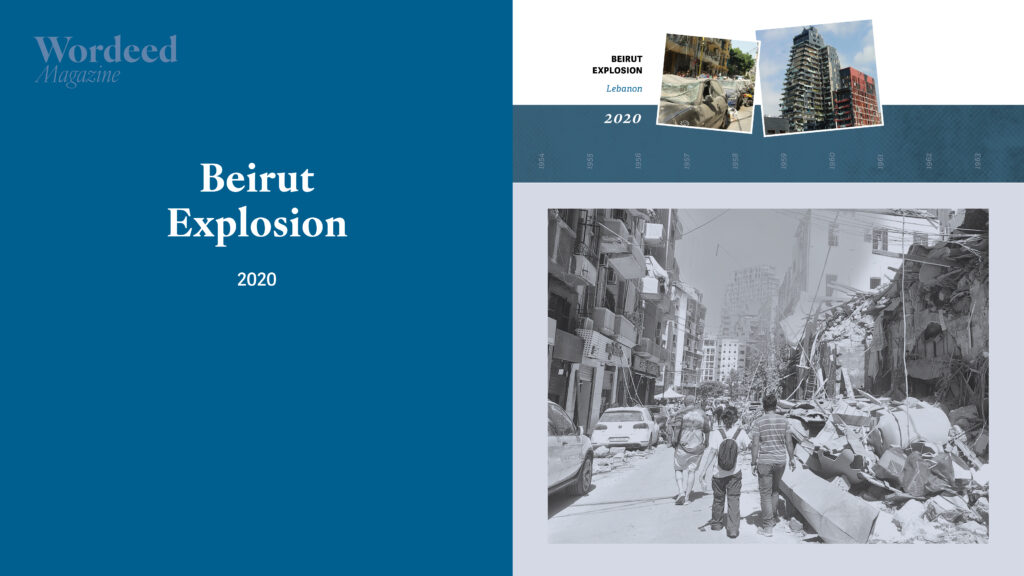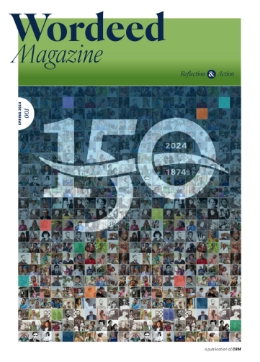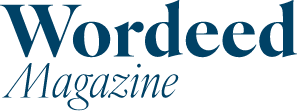“I was born in Eritrea. When I was three years old, we moved to Sudan. I lived with my mother, brother, and sister; I was the oldest. When my father died, I had to earn money. I worked 12 hours a day in a hair salon for five years. I fled because of the war. I fled alone.
I flew from Sudan to Türkiye by plane. I met a girl in Türkiye, we went to Lesvos together, and are still friends. I spent one month and ten days in prison because I had no papers. The police in Türkiye are a big problem for us.
We took a boat to Lesvos. There were 45 of us on the boat. When we were near the coast of Lesvos, the boat tipped over because of the high waves. Three people died.
We hid in the forest. At some point we called the UN. They came with the police and took us to the camp. I’ve been living there for six months now.”
This was Delina’s* journey from Sudan to Lesvos, a Greek island in the Mediterranean Sea. Lesvos is home to thousands of refugees and asylum-seekers, people who are living in limbo between their homeland and finding a safe place to live.
In Lesvos, the government-run Mavrovouni Refugee Camp was intended to house approximately 2,500 people but it is often overcrowded and has hosted as many as 22,000 people at one time. In early 2024, the camp’s population was around 6,000.
Due to the overcrowding, residents of the camp are often given only a few metres of living space, usually a tent or structure the size of a shipping container shared by multiple families and positioned only centimetres away from other accommodations. Access to adequate food, clean water, showers, and other basic infrastructure is challenging and there is often not enough to go around.
When Delina arrived in Lesvos, she shares, “I was simply happy for a moment. But soon I had a lot of stress again. I haven’t had a decision on my asylum process yet. Life in the camp means so much stress. We have to wait a long time for decisions [to determine our status]. Waiting makes us even more stressed. Many women, including me, are in pain because of all the stress.”
In these situations of great need, CBM’s partner All4Aid steps in to share Christ’s love by offering support for refugees and asylum-seekers. All4Aid is a faith-based nonprofit organization registered in Germany that works internationally with displaced people in transit such as Lesvos, Greece. Here they operate community centres which provide a safe haven while meeting practical, emotional, and spiritual needs.
In 2023, All4Aid’s community centre in Lesvos provided 3,695 high-quality loads of laundry, 3,966 showers to women and girls, food for 5,984 families, hygiene items to 2,281 women and 2,485 children, and wellness services to 374 women.
Essential items are offered in the form of a “free store” where people can choose what they would like from a variety of options according to their preferences. Language classes, art clubs, and peer support groups are also available for those interested in learning new skills or needing to talk about their experiences. These services not only meet people’s basic physical needs, but also provide an environment for rest, healing, comfort, and connection.
Delina received the essential care she needed from All4Aid, and now she volunteers there. “I do a lot of the women’s hair and clean the showers. It’s good because I can work and then I don’t think so much. If I have nothing to do, I wait for [the] decision [of my status] and then I have a lot of stress again. And I love the team, they always help me. I need a positive decision. I am strong for my family. I know they need me. They are still in Sudan, and I am afraid for them. We can’t talk on the phone every day because there are too many problems in Sudan.”
Reflecting on the stress of life in the refugee camp, Delina says, “That’s why I want to thank All4Aid. Thanks to them I manage to forget my worries for a while.”
Organizations, such as All4Aid, provide opportunities for refugees and asylum-seekers to heal from their trauma and envision a new future for themselves and their families. A future in which they have the opportunity to be active participants in building communities of hope and encouragement, working towards the peace we all crave.
While the number of people forced to leave their homes continues to rise, the resources to care for them remain limited. CBM’s partners around the world are stepping up to fill the gap by not only meeting people’s basic needs, but doing so while honouring the dignity, agency, and image of God in each one. As another Eritrean volunteer in Lesvos said, “The world should accept refugees. They have always existed and will always exist. We are human beings like everyone else.”
* Name changed.




